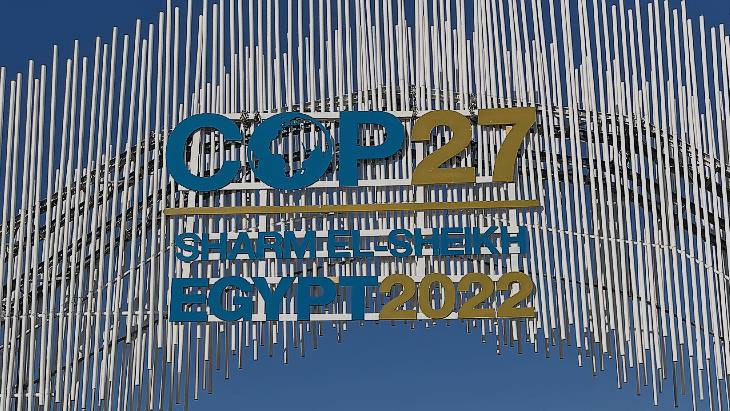"The current global geopolitical context has underlined more than ever the importance of a resilient, decarbonised and independent energy system," the statement says. "Security of energy supplies and affordable prices for citizens and businesses are pressing matters for decision-makers across the world."
The document - issued within the framework of the COP27 Climate Conference - calls for decision-makers to acknowledge and support the need for increased nuclear energy generation around the world in order to improve energy security and reduce dependence on fossil fuels, to ensure a fair and affordable transition to a zero-carbon economy and to safeguard jobs and economic growth.
"In preparing for the future, we stress the importance of designing resilient energy strategies, centred around secure low-carbon energy sources able to support external shocks while preserving the well-being of our citizens and the competitiveness of our industry," the statement says. "Unity, shared commitments to stop the use of energy as a weapon of war and reaching our climate objectives should be the driving forces behind the reconfiguration of our energy policies."
The statement notes that during the current energy crisis and during the global COVID-19 pandemic nuclear has "proven its ability to generate electricity reliably and around the clock".
It says nuclear energy must play a central role in economic relaunch strategies.
The signatories to the document call for investments in nuclear new-build to be increased and accelerated to increase the contribution of nuclear power in energy grids by 2030. "The role of nuclear power should be viewed from a strategic standpoint, fully acknowledging its contribution to security of energy supply, affordable and stable energy prices and decarbonisation, in close cooperation with other low-carbon technologies such as renewables," they say.
The statement calls for nuclear innovation and research into all reactor technologies to be accelerated for fast deployment at global scale, making full use of nuclear's non-electric applications, such as clean hydrogen production, industrial heat, district heating and desalination.
In addition, cooperation is required between policymakers, the finance community, industry and other stakeholders in order to ensure that the benefits of nuclear power are maximized at every step of the supply chain. "The environmental, social and economic benefits of nuclear power should be fully acknowledged by decision makers when designing the energy strategies of the future."
The statement was released jointly by the Canadian Nuclear Association, the Japan Atomic Industrial Forum, the USA's Nuclear Energy Institute, the UK's Nuclear Industry Association, Nucleareurope, the Romanian Atomic Forum and World Nuclear Association.
"We stand ready to work with policymakers, the finance community and all relevant stakeholders in order to implement our vision and further develop our common objectives of a clean energy transition, security of supply and affordable energy for everyone," the organisations stated.







_15863.jpg)







